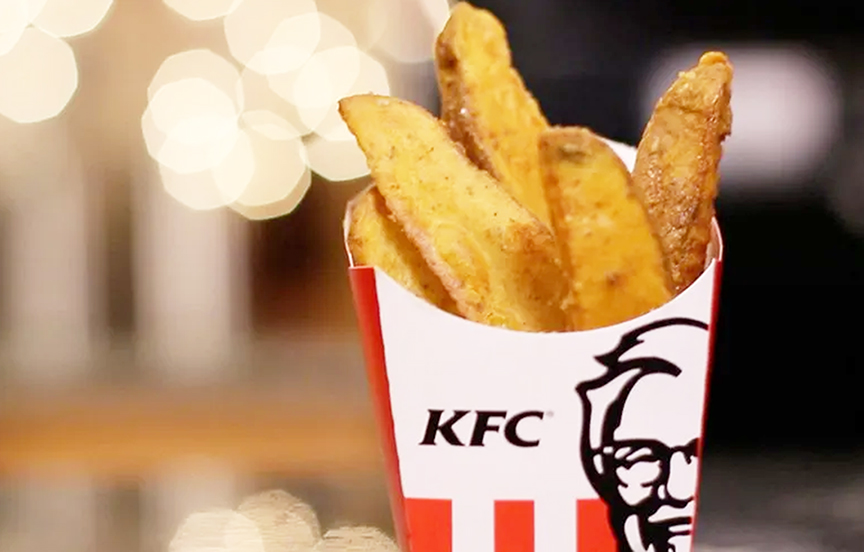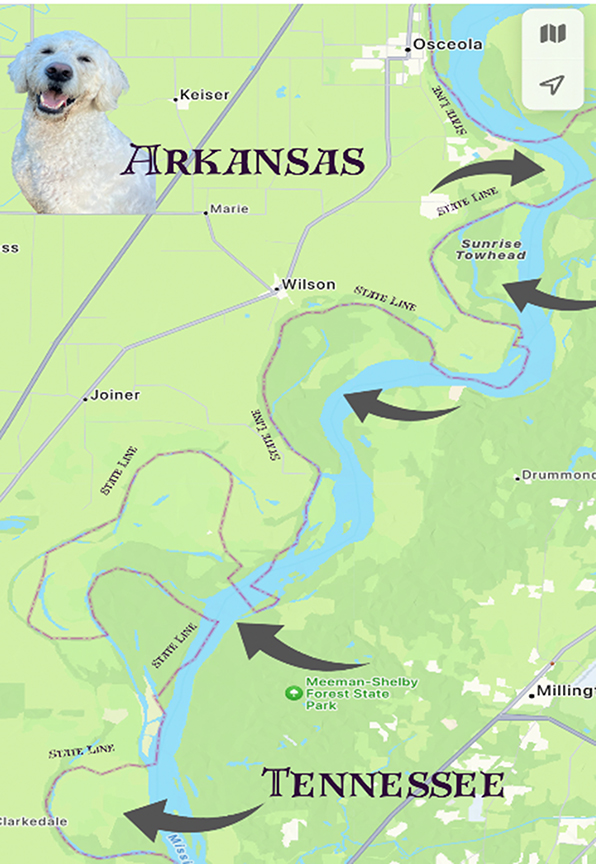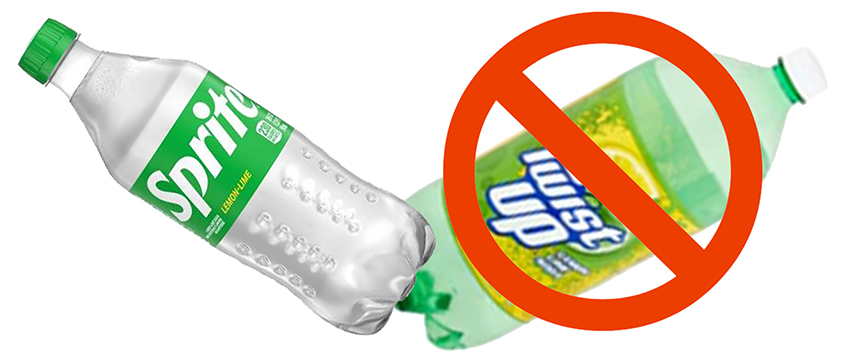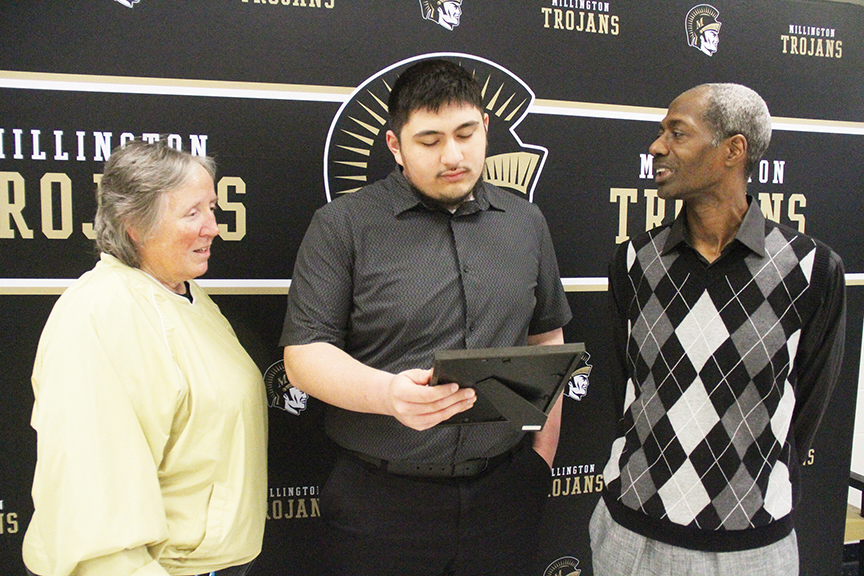By David Peel

After an accident—something that, by definition, we weren’t planning on— we can quickly make these rookie mistakes:
1. “I’m fine!” Proclaiming to all at the scene that you are just fine and declining medical assistance, despite feeling tightness or hitting your head. The truth is you may not know until tomorrow that you are “okay” or not. After all, we do not usually do well with self-diagnosis and even less so after a traumatic impact. If you have trouble getting out of bed the next day and go to the doctor you needlessly look like a faker. It’s better to stay with clear truth: “I can walk. My head hurts. I’m really stiff, etc.”
2. Believing the ticket determines fault. It is helpful but the traffic ticket is not the final day on the crash. In fact, in my injury cases, it is not admissible in court. Similarly, the lack of giving a traffic ticket is not conclusive.
3. Giving recorded statements to the opposing insurance company. What do they want? You just want to be helpful and courteous? You are their adversary—not their customer! Often, they ask you many questions multiple different ways to see if there is a way to deny the case. We counsel not to give recorded statements.
4. Accepting “settlements” from opposing insurance companies early on when they put some money on any future medical care and pay you little. These are never, ever offered to attorney-advised clients. That should tell you something.
In general, injuries are not always clear on scene. Things like brain bleeds, compression fractures and ruptured discs have shown up hours to days later with my clients. Don’t believe that your little chat with the really nice adjuster won’t be thrown back in your face later. People are so surprised in the first case they ever have.
By the second time they will tell you to get an experienced injury attorney if you are hurt.
Peel seeks justice for those injured in tractor trailer and car accidents, medical malpractice, and disability. He often addresses churches, clubs and groups without charge. Peel may be reached through PeelLawFirm.com wherein other articles may be accessed.






